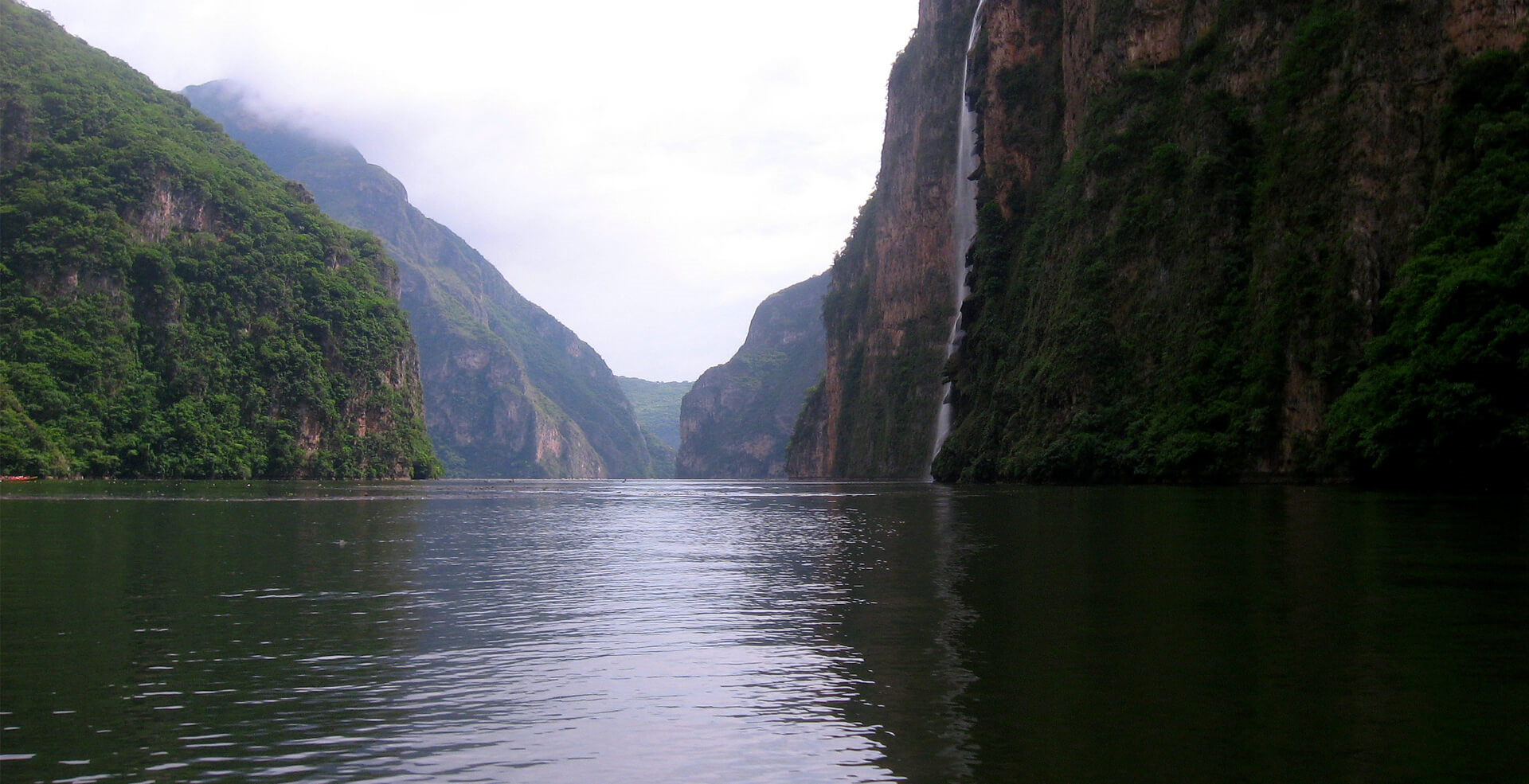This week, we are examining the video lectured provided by Professor Beasley-Murray for Week 4, entitled “Independence Narratives, Past and Present”.
To begin, one thing that I found of particular interest to me was the fact that, as mentioned early on, modern times were considered to have begun, or at least in European terms, with the age of discovery, and in particular with 1492. This is still something that is accepted as universal in the education system, although, it is worth mentioning that this is not based upon objective historic standards. Namely, is modernity associated with these events in other cultures and histories? What makes the act of discovery so “modern”, and why did such a discovery warrant the institution of a new historical era? These are questions which one should reflect upon.
Additionally, one question that is posed in the video is as follows: “Who gets to make the decisions that affect the inhabitants of the Americas?” My theory would be that, for the Americas, it used to be mostly the Europeans and the colonizers, who stripped the Indigenous inhabitants of their rights and power. Although this is a changing trend, there are still individuals and groups which would be considered as “non-people” by the powerful. For instance, recent policy developments in Canada and the United States often consider Indigenous peoples as an interest group among thousands of others, rather than as an important and constitutional part of the citizenry. Nonetheless, when reading the treatises and declarations written by those in power, whether it be in the Renaissance or now, in rhetoric, it would seem like all people, even the powerless, have rights and power in their possession. However, this is not de facto power, but only de jure, as the law is not translated into action. Even today, power and rights are stripped away from people in the name of “human rights”, “freedom” and “equality”. Notably, this was the case in Iraq, where the US contended that its intervention in the Middle East was humanitarian in nature, and for the stabilization and democratization of the region, and for the greater good of the world. The same goes for US-funded and US-backed interventions in Latin America, such as that of Nicaragua, Argentina, Brazil, Chile, El Salvador, Guatemala, Panama, Paraguay, and Peru.
This is to say that our rhetoric in terms of human rights, freedom and equality is usually idealistic, and the principles we pretend to defend and represent usually come running when the circumstances and our interests are at stake. Another example of this is the numerous armed revolutions which took place in the 19th and 20th centuries not only across Latin America but throughout the world. Namely, although they started as based upon emancipation from subjugation and upon equality in rights and redistribution of power and wealth, its implementation usually differs, ending in a bloodbath which more often than not leads to militaristic, authoritarian or at the least illiberal rule.
Joseph

Hi! Thank you for your blog, it was quite interesting to read! I really like your reflexion on the economic and political relationship between a country and the indigenoous people living on the territory because I think it could refer back, to some extent, at how the Canadian government handled the situation with First nations and how they are steal dealing with it ( financial retribution, recognition of territories etc.)
I was interested in what you said about recent legislation in the US and Canada regarding indigenous peoples. I’m from America, but I know very little about government policies regarding indigenous populations, because it’s almost never talked about in the US. From what I’ve seen so far in Canada, Indigenous rights seem to be discussed and acknowledged much more.
I agreed with your point about how countries often seem to defy their own values with their actions. As you noted, the US has a very long history of taking actions that seem to go against our declared values of freedom and justice for all. Like our history with Indigenous people, this is also not talked about nearly as much as it should be in the US.